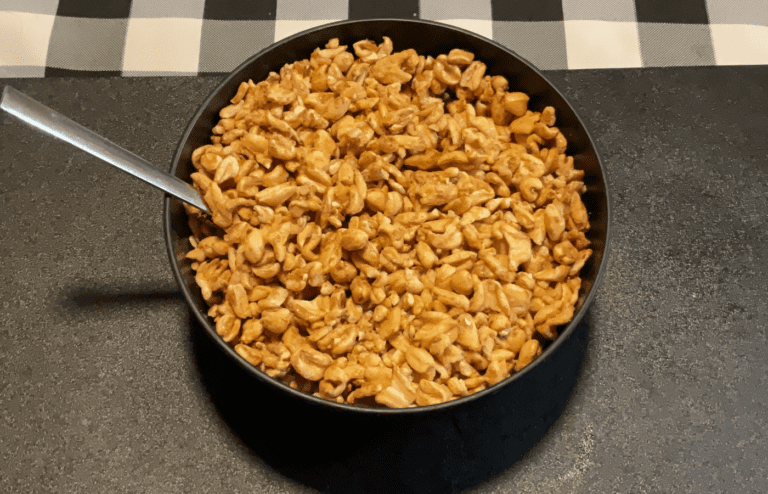Alcohol has been a staple of human culture for centuries, but not everything we’ve been told about it is true. Many of the so-called benefits of alcohol turn out to be myths, often perpetuated by misinformation or even marketing campaigns. Let’s debunk some of the most common myths about alcohol, one sip at a time.
1. Alcohol Is Good for Your Heart
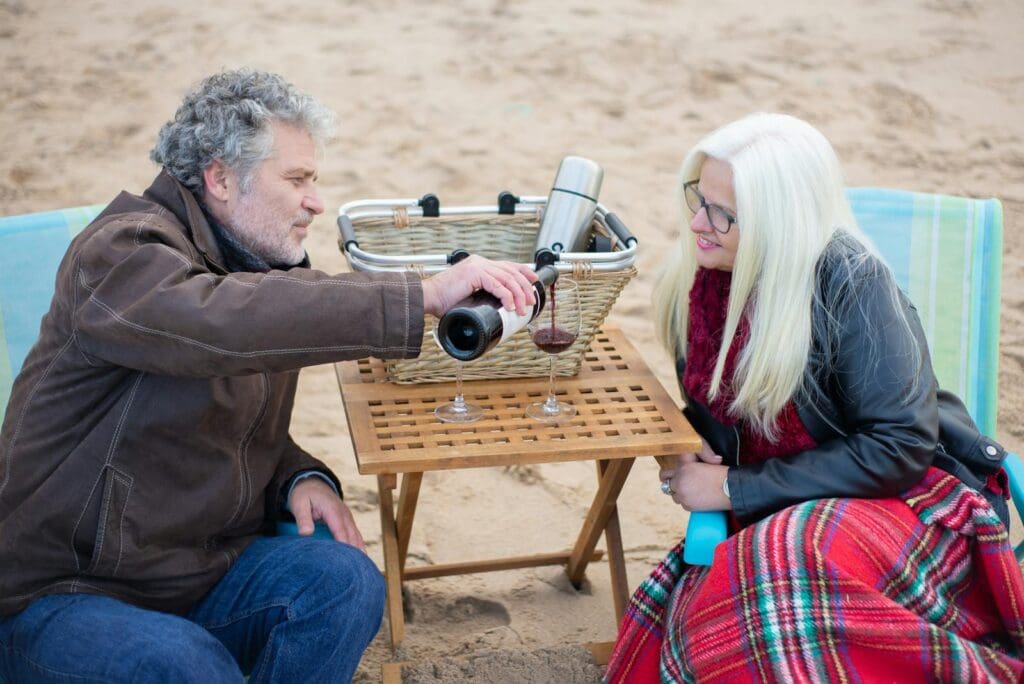
For years, we’ve been told that a glass of red wine a day is good for heart health. Recent research, however, has shown that these claims are overblown and lack substantial evidence. In fact, the cardiovascular benefits once linked to moderate drinking are negligible at best.
2. Alcohol Companies Didn’t Influence Research

Here’s a sobering thought: many studies praising alcohol’s benefits were funded by alcohol companies. This financial involvement often biased research outcomes, leading to overly optimistic conclusions. As the truth comes to light, it’s clear that “Big Alcohol” has had a hand in shaping public perception.
3. The French Paradox Proves Alcohol Is Healthy

The idea that the French have lower heart disease rates due to their wine consumption sounds romantic, but it’s not entirely accurate. The so-called French Paradox ignored discrepancies in how heart disease statistics were recorded in France versus the U.S. Turns out, lifestyle and diet played a much bigger role than wine.
4. Moderate Drinking Is Totally Safe

We’ve heard it countless times: moderation is key. But new studies suggest that even moderate drinking can increase risks for conditions like cancer. The World Health Organization has made it clear—there’s no completely safe level of alcohol consumption.
5. Alcohol Helps You Sleep Better

While a nightcap might help you fall asleep faster, alcohol disrupts your sleep cycle. It reduces the quality of your rest, leaving you groggy the next day. Sweet dreams don’t mix well with spirits.
6. Beer Is a “Healthier” Alcoholic Option
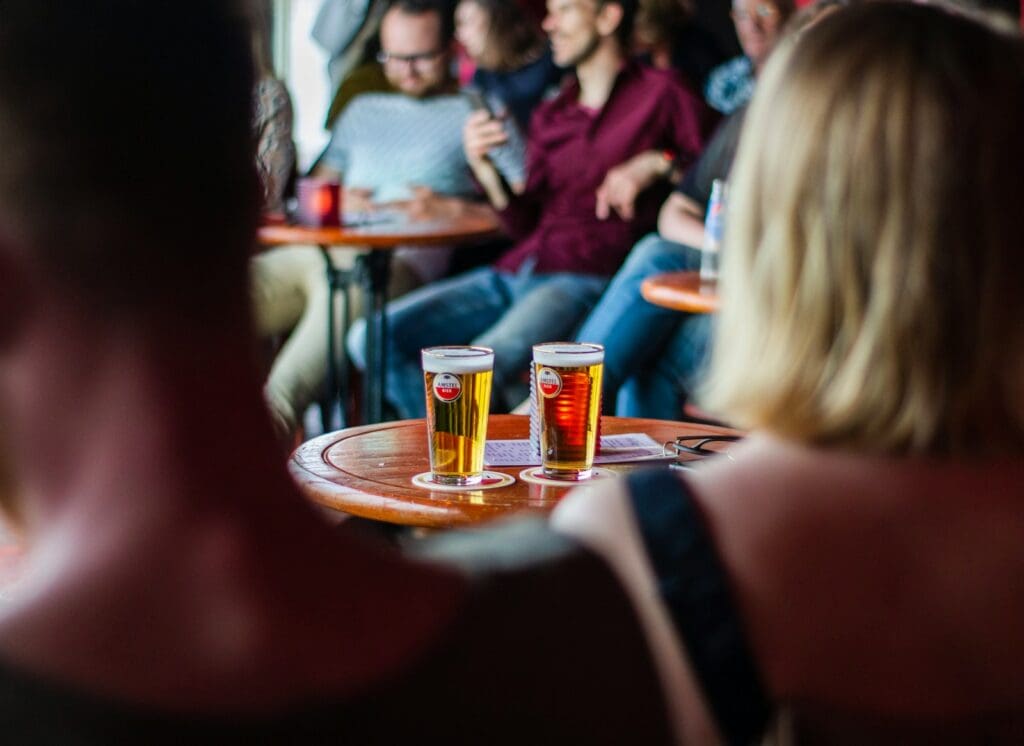
Beer lovers might argue it’s a better choice because of its lower alcohol content or added nutrients. Unfortunately, beer still contributes to the same health risks as other alcoholic beverages. Moderation and awareness are more important than the type of drink.
7. Alcohol Helps You Warm Up

Feeling warmer after a drink is just an illusion caused by increased blood flow to your skin. In reality, alcohol lowers your core body temperature, which can be dangerous in cold weather. Maybe stick to hot chocolate for that cozy feeling.
8. Alcohol Kills Brain Cells

This myth has been around forever, but it’s not entirely true. Alcohol doesn’t kill brain cells outright but does disrupt neural connections, impairing cognitive function over time. The effects are serious enough without the added drama.
9. You Can Drink Away Your Problems

While alcohol might temporarily numb your emotions, it doesn’t solve anything. In fact, it often exacerbates issues like anxiety and depression. The best way to tackle problems is to face them head-on—sans drink.
10. “Light” Alcoholic Drinks Are Healthier
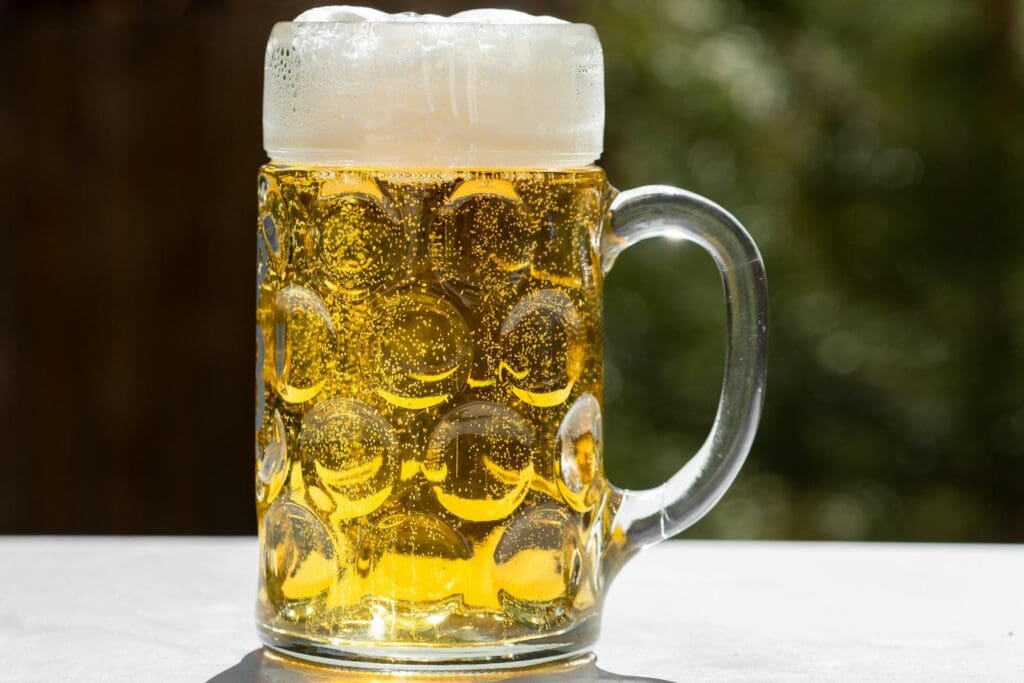
Light beer or low-calorie cocktails might seem like better choices, but they’re not necessarily healthier. They still come with the same risks of overconsumption and related health issues. It’s the quantity, not the calorie count, that matters most.
11. Mixing Alcohols Gets You Drunker
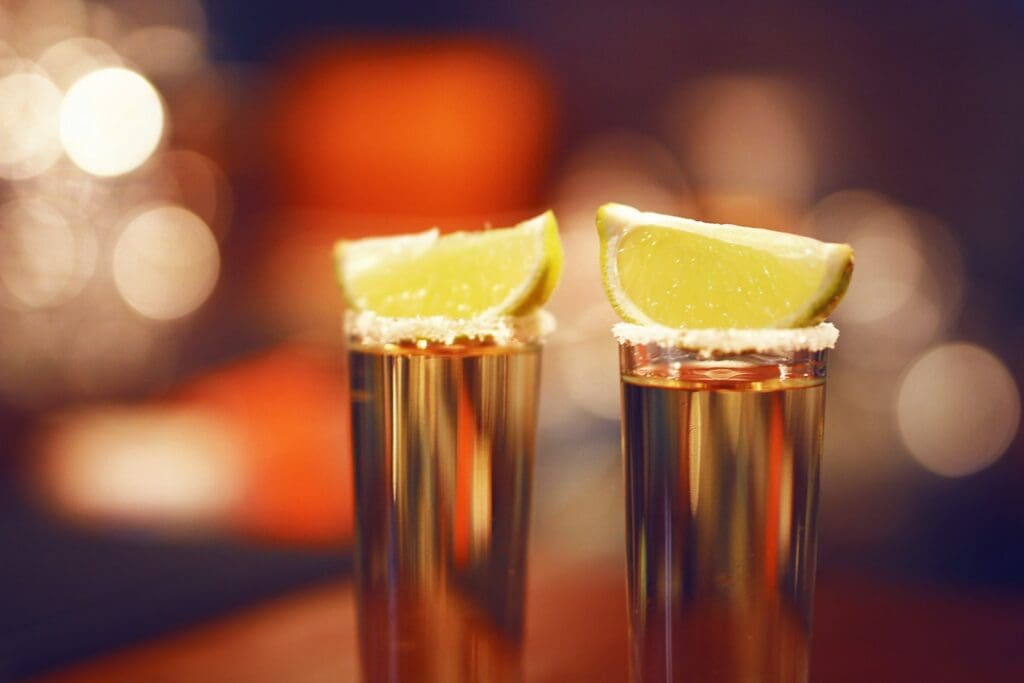
Mixing drinks might feel like it hits harder, but it’s the total alcohol content that counts. Whether you’re sipping wine or throwing back shots, your blood alcohol level rises the same way. How you consume it matters more than what you mix.
Read More: 10 Historical Myths the Movies Taught Us
12. Alcohol Boosts Creativity

There’s a romantic notion that alcohol fuels artistic genius, but the truth is less glamorous. While it might lower inhibitions temporarily, alcohol actually impairs cognitive functions and critical thinking. That “great idea” after three cocktails? Maybe not so great in the morning.
Read More: 10 Debunked Myths Your Parents Convinced You Were Real
13. Drinking Clears Toxins from the Body

Yes, drinking notoriously makes you pee more. But ironically, alcohol is a toxin itself. Your liver works overtime to process it, leaving less room for clearing other toxins. If detoxing is your goal, hydration is a much better route.
Read More: Easy Ways to Reduce Anxiety Naturally
14. Drinking Is Just a Normal Part of Life

Alcohol is one of the most widely abused substances globally. Its social acceptance often masks its addictive potential. Recognizing its risks is crucial for understanding its impact.
Read More: 19 Tips You Need to Make Dry January a Breeze
15. You Can Sober Up Quickly

Drinking coffee, taking a cold shower, or going for a run won’t speed up alcohol metabolism. Time is the only true cure for sobering up. Patience, not quick fixes, is your best bet.
By breaking down these myths, we can better understand alcohol’s true impact on our health and well-being. Knowledge is power—and in this case, it might just save you from a hangover or worse.
Read More: 11 Reasons to Keep ‘Dry January’ Going






